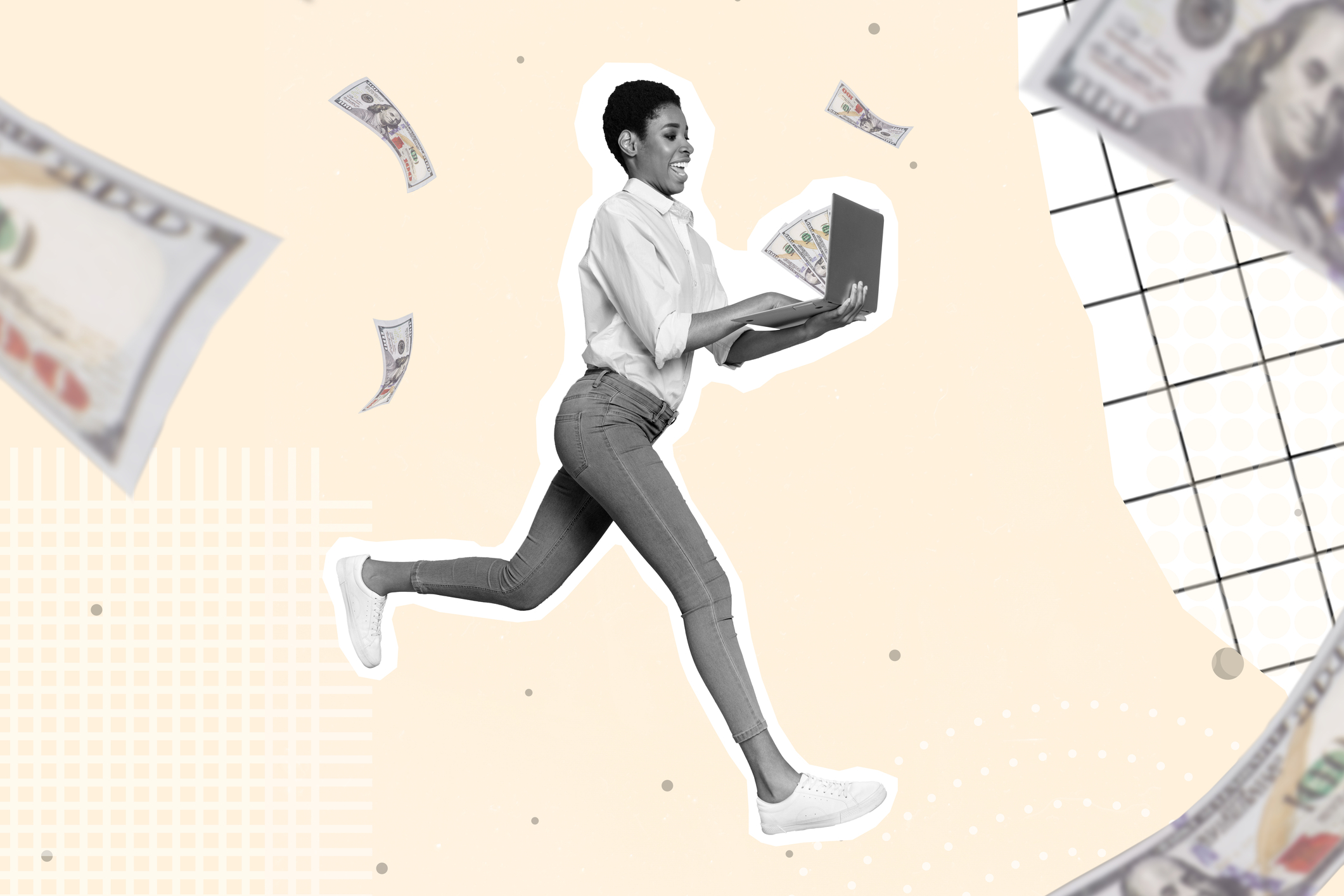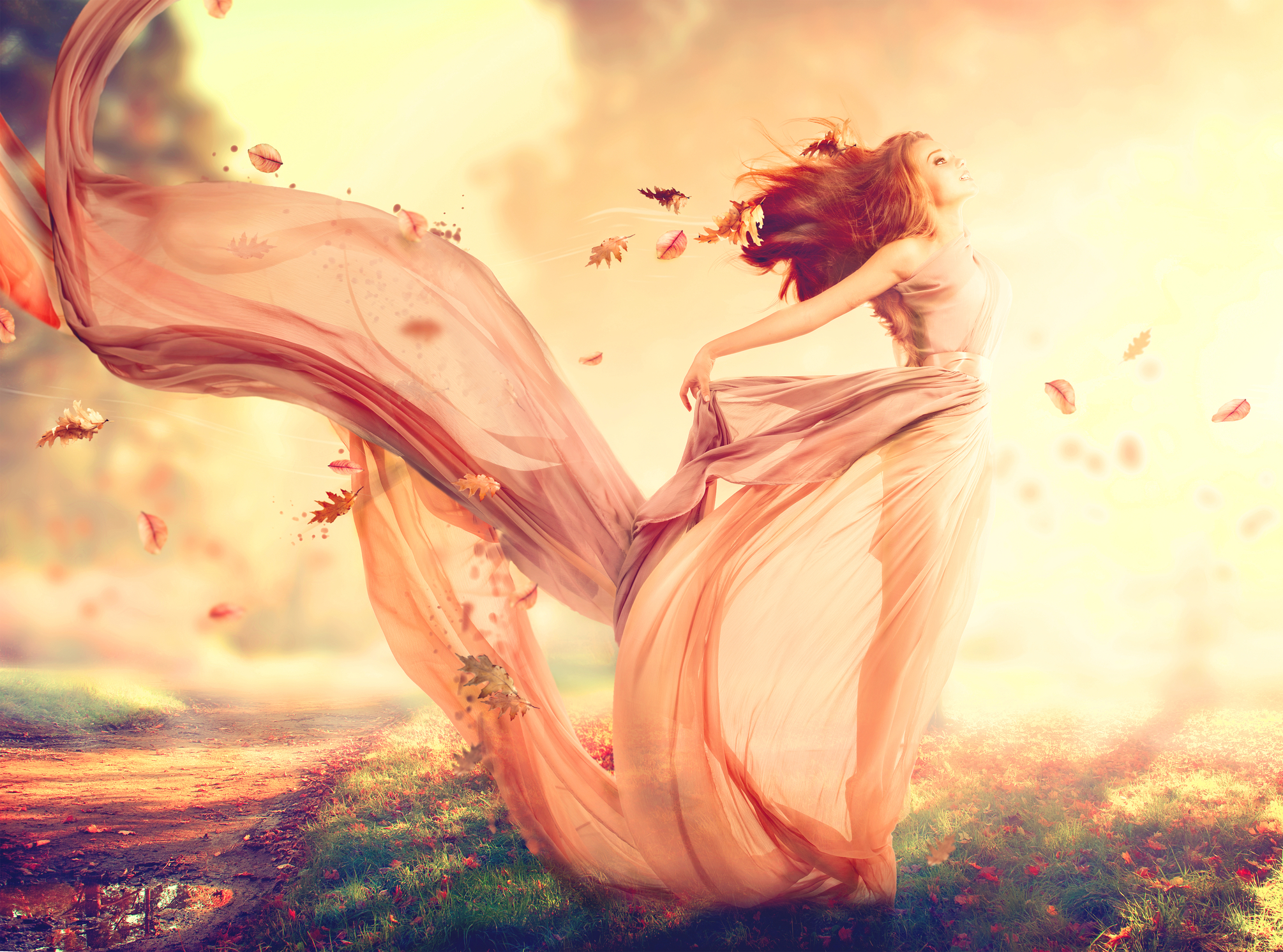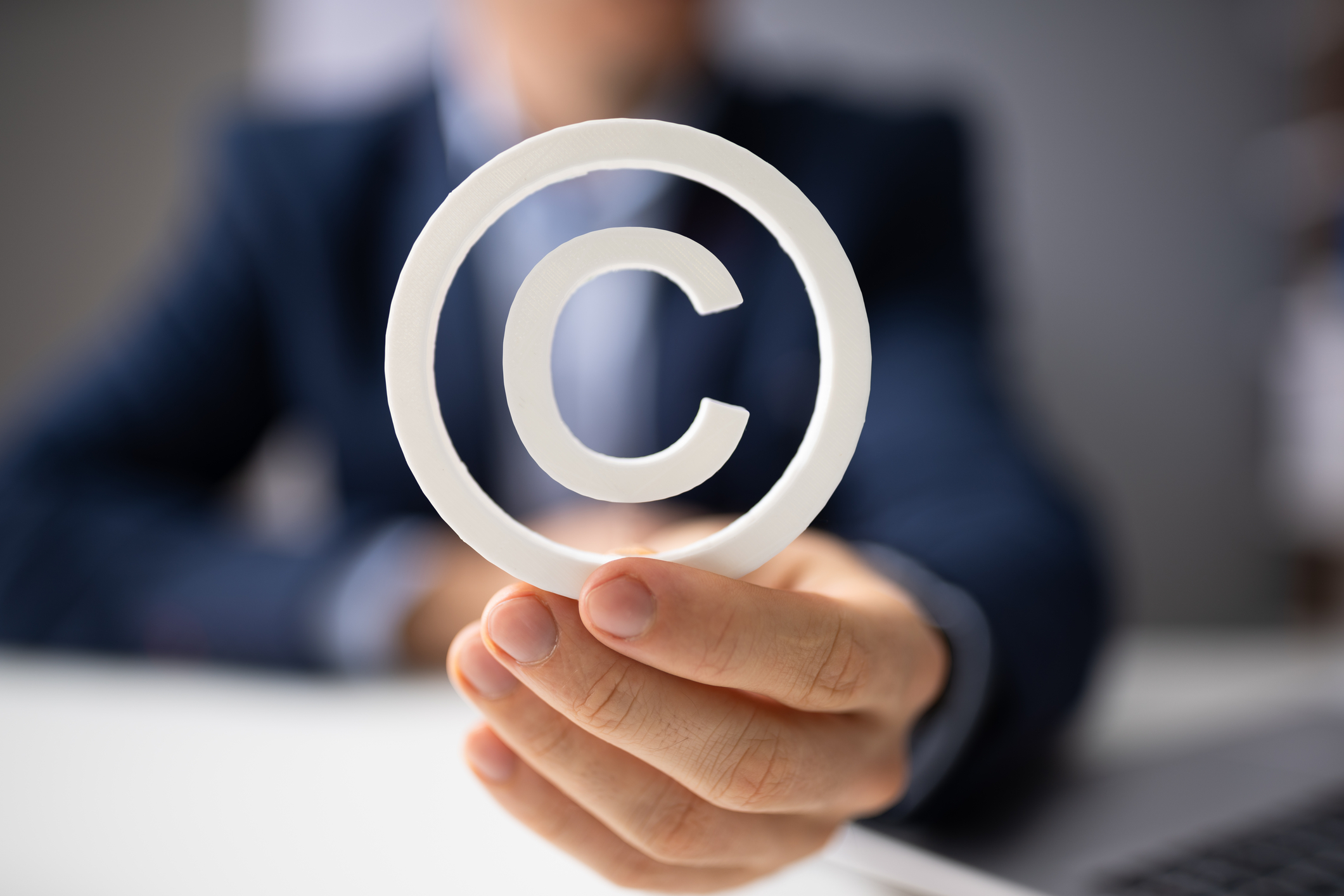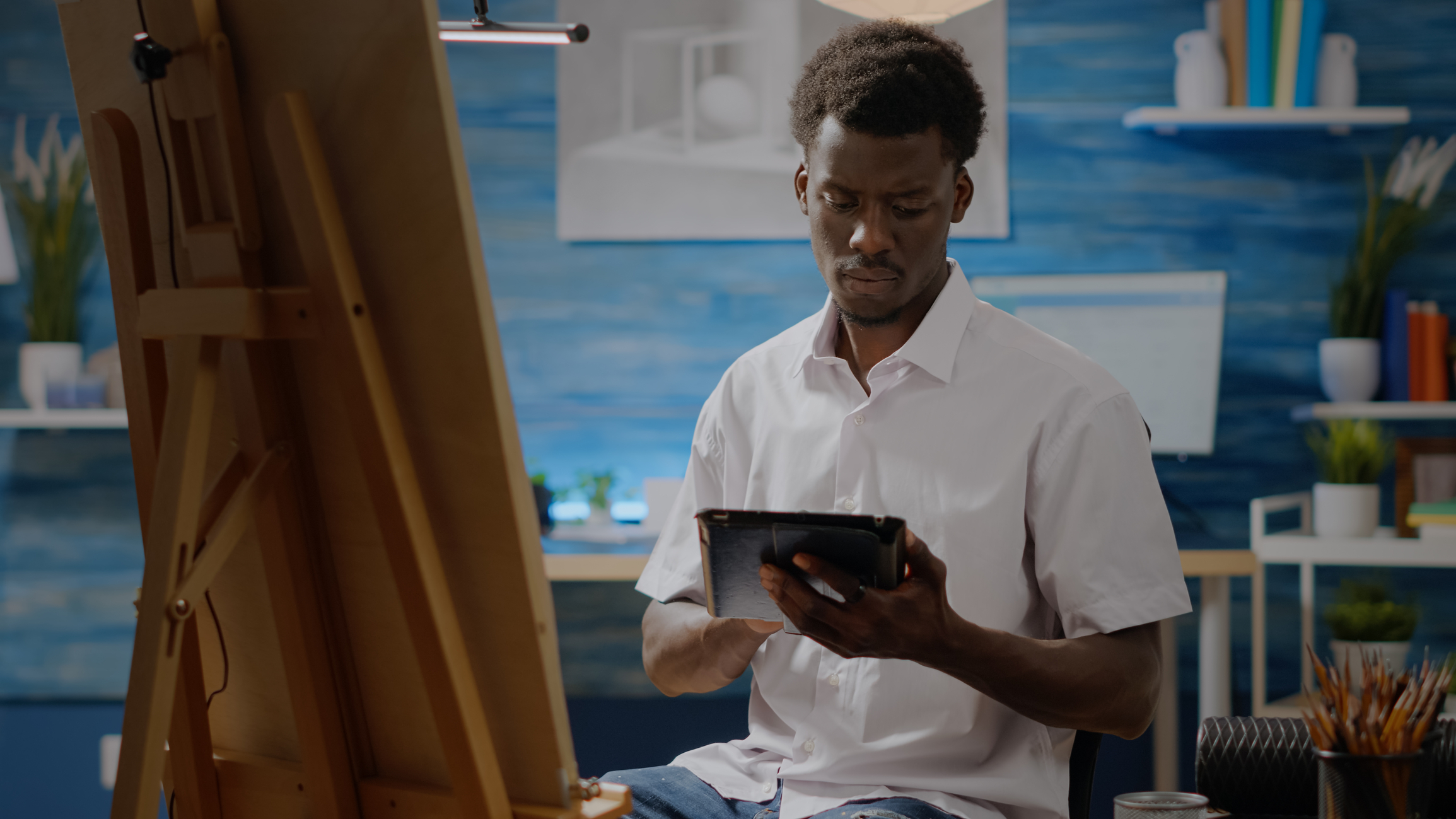After much tweaking, I managed to get a text prompt that produced a stunning AI-generated image. Can I sell it? I assume you’re also wondering, can you sell AI-generated art?
Generally, you can sell AI-generated art as long as the generator license agreement permits commercial use. Read the terms and conditions carefully. Be aware of copyright restrictions of any input images. Some EULAs indicate that produced artwork may belong to the tool, the user, or the public domain.
We’ll look at the license agreements of the best AI-art generator tools that allow commercial use. We’ll also list common platforms to sell your AI art and touch on the copyright nuances briefly.
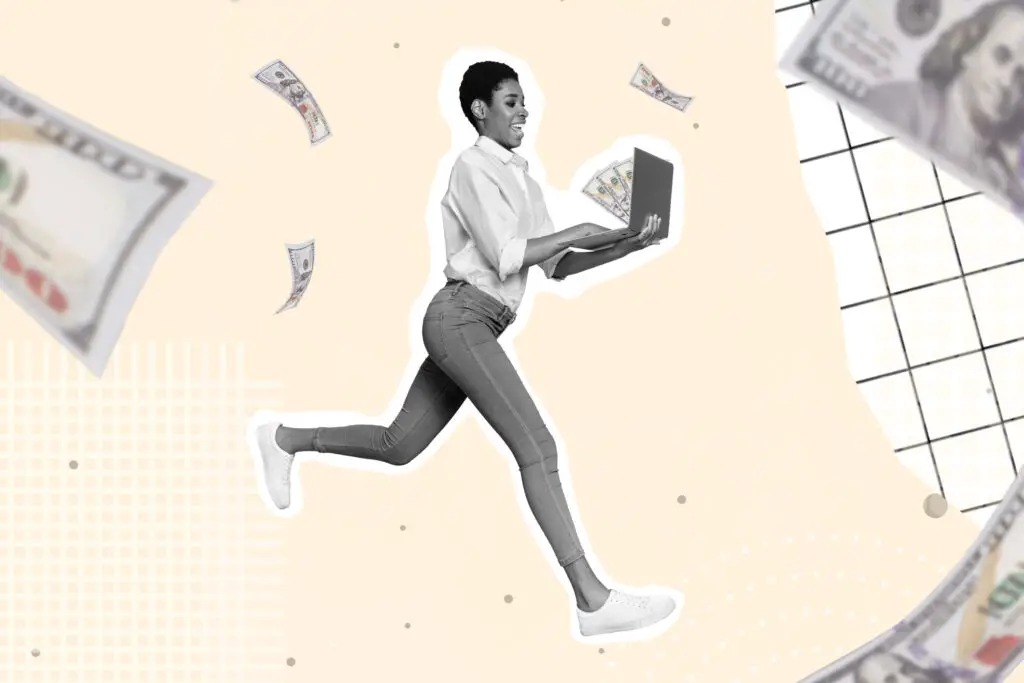
5 AI-Art Generator Tools That Allow You To Sell AI-Generated Art
Can I sell my AI-generated art? As long as you comply with the terms of the AI-generator tool you use, you should be able to sell your AI-generated art without any legal issues. Just be sure to research and read the tool’s license agreement before selling your artwork.
Here are 5 popular AI-art generator tools + Evidence of their license agreement that permits commercial use:
1. Artbreeder
Artbreeder’s terms of service allow users to use their tool for commercial purposes. The generated images are public domain (CC0) and may be used commercially with a citation, including the URL, where possible.
Here is how they phrase it:
“All images are public domain (CC0) and may be used for commercial purposes. It is strongly suggested that you cite the Artbreeder image URL when sharing something that strongly resembles an Artbreeder image.”
2. NightCafe
The NightCafe website has a frequently asked question section titled “Does the license allow me to sell my creations or use them for commercial purposes?” and the answer reads:
“Yes, provided you didn’t use any copyrighted images in the creation process and are subject to the copyright laws in your jurisdiction.”
3. Starryai
The Starryai website also has a frequently asked questions section with a question that reads, “Can I use my creations for commercial purposes?” to which they answer:
“Yes, you are the copyright owner of your creations as long as you have the right to use all original assets used in generating the creation.”
4. DALL·E
Can I use DALL-E images commercially? The commercial use of images generated with DALL-E is allowed, according to the DALL- E website. This includes the right to reprint, sell, and merchandise these images.
5. Midjourney
If you’re using Midjourney for free or a trial account, you can use the images for personal use only and must give credit to Midjourney. You aren’t allowed to sell the generated images or make money off them.
Selling Your AI-Art: Easy To Use Online Marketplaces
Now that we’ve looked at some popular platforms that allow you to create AI-generated art that can be sold let’s take a look at some common marketplaces to sell this artwork.
Top of the list are:
Always understand and abide by the copyright and licensing agreements when exploring the different ways to sell your AI art, such as NFTs, stock images, canvas prints, and book covers.
Copyright Consideration: Details Every AI-Generated Art Seller Must Know
When it comes to copyright and AI-generated art, there are two possible scenarios:
- The AI-generated images are part of the public domain
- The user and the AI tool both have rights over the work
In some tools, the first scenario is more likely. Artbreeder, for example, offers its users the ability to license their creations under Creative Commons Zero (CC0), which means that the user has waived all rights to their work, and it is now part of the public domain.
This means that the artwork is, in a sense, “public,” and anyone is free to reproduce, publish, or sell it with no strings attached.
In the second scenario, when both the user and the AI tool have rights over the work, it is more complicated. The user may be free to sell their artwork or use it anyhow, but the AI tool also retains rights for royalty-free usage of it.
For example, Midjourney’s terms of service mention that a paying user owns the artwork generated, but…
“Midjourney has perpetual, worldwide, non-exclusive, sublicensable no-charge, royalty-free, irrevocable copyright license to reproduce, prepare Derivative Works of, publicly display, publicly perform, sublicense, and distribute text, and image prompts you input into the Services or Assets produced by the service at your direction.”
This means that Midjourney can use your artwork with their tool to promote their service or other commercial purposes.
Another example of the same scenario is Dream by Wombo art. Here is an image of their terms and conditions:
Be Careful – Don’t Use Copyrighted Images Without Permission
Some AI-generator tools allow for uploading images as a starting point or in the style transfer procedure. In such scenarios, avoid using copyrighted material, and if you must—always seek permission from the copyright owner before proceeding with any usage of their intellectual property!
Oops! Getty Images Bans Selling AI-Generated Images
Recently, Getty Images, one of the world’s largest stock photography agencies, announced that it would no longer sell images generated by artificial intelligence.
The move comes in response to concerns that AI-generated tools are trained using copyrighted images scraped from the web.
According to the creators of AI image generators, the technology is legal. Scraping is permitted in the United States, and the software’s output appears to be protected by the “fair use” doctrine. On the other hand, fair use affords less protection to commercial activity such as selling images, which is why Getty Images is worried about the risk of copyright infringement for its users and the brand’s reputation.
So what does this mean for the future of AI and copyright law? It’s still too soon to tell. But one thing is certain: as AI continues to evolve, so too will the legal landscape surrounding it.
